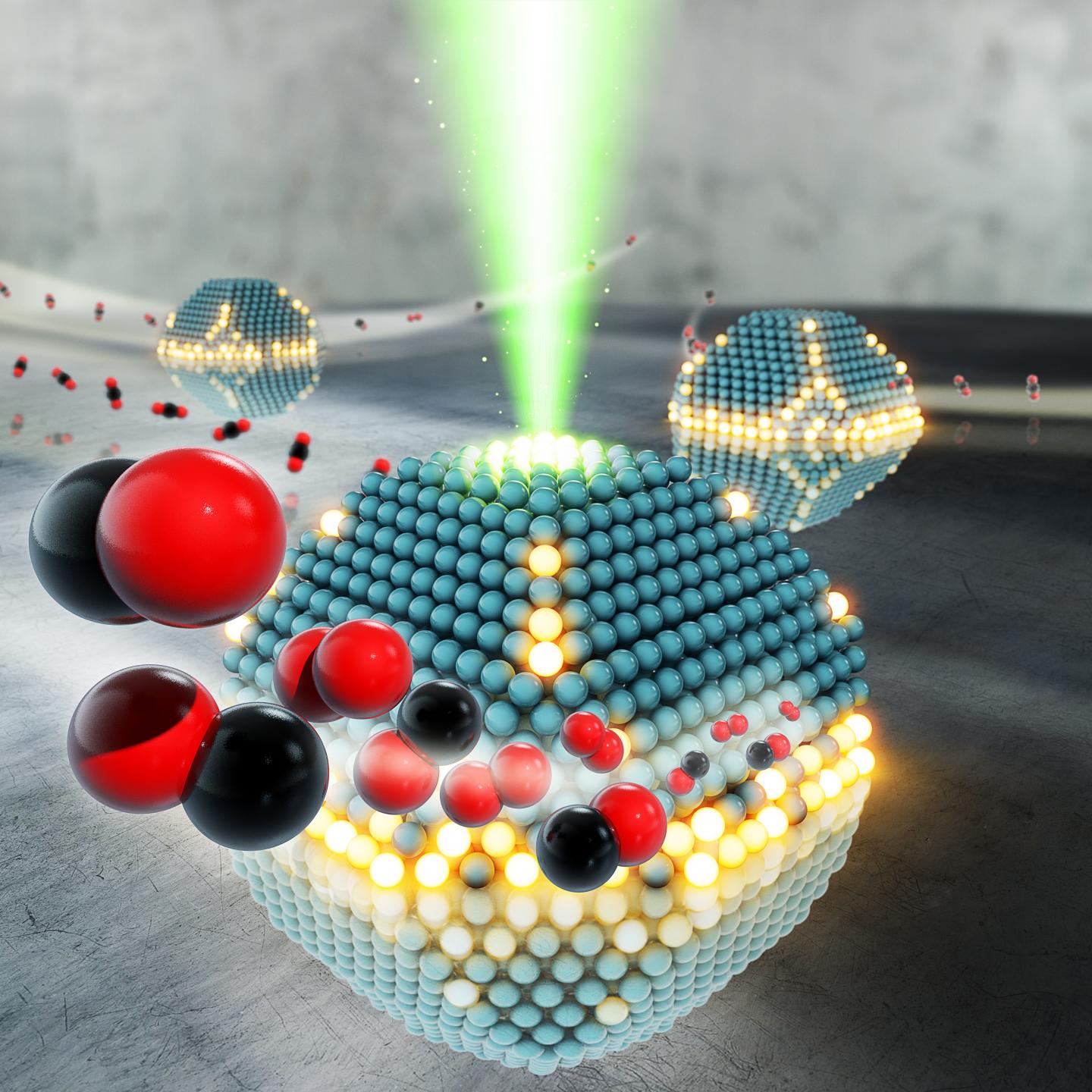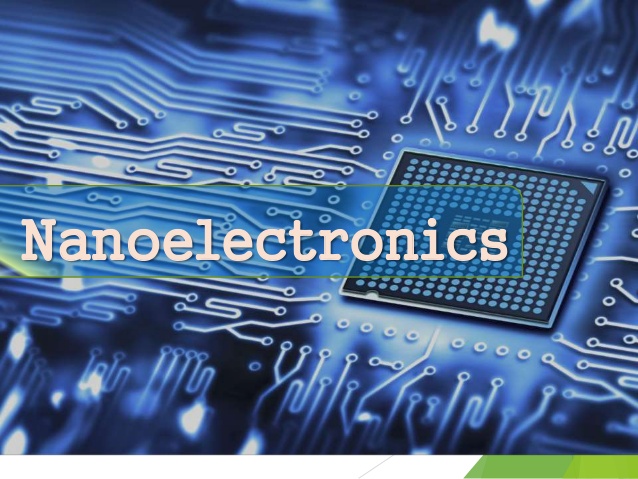_ Department 🔬 laboratory (propagation and expansion of nanochips)
In nanoelectronic sciences, the topic of reproduction and expansion around the axis (nanochips and fast nanochips)
Researcher and author: Dr. ( Afshin Rashid)
Note: In electronic science, the topic of nano revolves around (nano memories, nano chips and fast nano chips and nano electronic components) with less weight and more efficiency.
Nanotechnology, knowledge, engineering and technology on a nano scale, or in other words, the study of the application of very small objects and their use in all fields of science such as chemistry, biology, electronics; Materials science and engineering. The history of nanotechnology describes the development of concepts and experimental work done in the field of nanotechnology. Although nanotechnology is one of the recent advances in scientific research, the development of its fundamental concepts has taken place over a long period. Throughout human history since the time of ancient Greece, scientists of that time believed that matter can be divided into small enough parts to reach particles that are indestructible and form the basic particles of matter. "Nano" is a Greek word meaning "dwarf" and in the science of measurement, the prefix "nano" comes before the units of measurement, meters, seconds, grams, etc. By using nanostructures, the size of memory bits can be basically reduced, thereby increasing the density of magnetic memory and its efficiency, and lowering its cost.
Nano lithography methods are now being used to prepare some very powerful memories. Science and nanotechnology offer different memory possibilities. For example, photorefractory materials represent only one type of optical memory. CDs and DVDs, which are used to record music and movies, are a type of optical technology that can be read with the help of a laser. In fact, by using nanotechnology, the storage capacity of information can be increased by a thousand times or more. Storing information is a very important and necessary topic that can be done in different ways.
Nanoelectronics has a new approach in the electronics industry in the field of new types of circuits, processors, methods of storing information and even new methods of optical electronics to transmit information. Most new electronic devices require a lot of memory. Today, consumers demand gigabytes of memory. New flash drives are now in the market that have more than 60GB of memory and it is still desirable to store more in less space. Conventional technology hardly meets these demands, but nanotechnology offers better solutions. One of the new means of data storage is the use of nickel quantum dots in nanometer sizes, which are expected to be used to store terabytes of data, even in homes and in personal use. Considering the relatively large (physically speaking) storage devices we have now and the fact that we need gigabyte sizes in various areas, there is a huge potential for activity in this field.
Conclusion :
In electronic science, the topic of nano revolves around (nano memories, nano chips and fast nano chips and nano electronic components) with less weight and more efficiency.
Researcher and author: Dr. ( Afshin Rashid)
Specialized doctorate in nano-microelectronics





